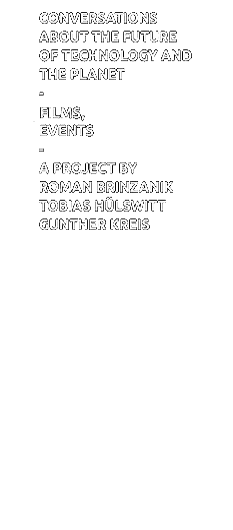
The 14 interviewees are eminent figures from the natural sciences, humanities, social sciences and the arts. In their work, they all engage with the current global climatic, environmental and resource crises and play a crucial role in shaping our futures. Among them are climate scientists, Earth system researchers, ecologists and energy experts as well as political scientists, writers, sociologists, urban planners, economists and computer scientists.
Together with statements of members of the public, clips from the interviews form the basis of our cross-media participatory events: projected onto a screen they serve to give cues for discussion and contribute to the general discourse.
You can find all the interview partners in film clips on this website under FILMS.
T. C. BOYLE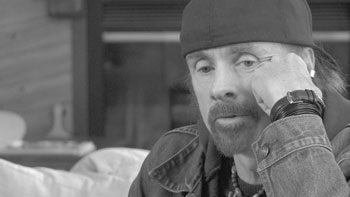 American novelist and short story writer, based in California. In his books, Boyle often deals with environmental issues in his very own satirical manner. In A Friend of the Earth, for instance he describes the effects of catastrophic climate change while his newest novel, When the Killing's Done, is the story of a bitter battle among various animal rights activists and conservationists.
American novelist and short story writer, based in California. In his books, Boyle often deals with environmental issues in his very own satirical manner. In A Friend of the Earth, for instance he describes the effects of catastrophic climate change while his newest novel, When the Killing's Done, is the story of a bitter battle among various animal rights activists and conservationists.
-
PAUL J. CRUTZEN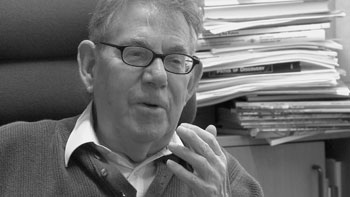 Atmospheric chemistry and meteorology, winner of the 1995 Nobel Prize in Chemistry. Works at the Max Planck Institute for Chemistry in Mainz, Germany. Crutzen has done research on ozone formation and depletion, nuclear winter and global warming. He coined the term »anthropocene« and initiated an ongoing discussion on geoengineering.
Atmospheric chemistry and meteorology, winner of the 1995 Nobel Prize in Chemistry. Works at the Max Planck Institute for Chemistry in Mainz, Germany. Crutzen has done research on ozone formation and depletion, nuclear winter and global warming. He coined the term »anthropocene« and initiated an ongoing discussion on geoengineering.
-
GEORGE CHURCH
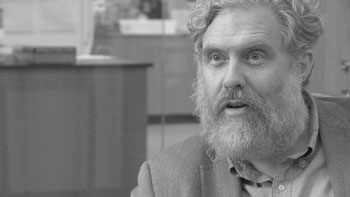 Synthetic Biology, Harvard Medical School, director of the Center for Computational Genetics in Boston, USA. Church has developed novel methods for decoding DNA and provided critical contributions to the study of the human genome, to Synthetic Biology, and the development of new types of biofuel as well as to the resulting ethical issues and safety strategies.
Synthetic Biology, Harvard Medical School, director of the Center for Computational Genetics in Boston, USA. Church has developed novel methods for decoding DNA and provided critical contributions to the study of the human genome, to Synthetic Biology, and the development of new types of biofuel as well as to the resulting ethical issues and safety strategies.
-
CARLA P. GOMES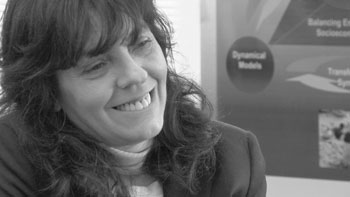 Computer Science and Artificial Intelligence, Cornell University, NY, USA. Gomes is among the founders of the new research field of Computational Sustainability, which aims to balance environmental, economic and social needs with the help of computers and artificial intelligence in such a way that sustainable development becomes possible.
Computer Science and Artificial Intelligence, Cornell University, NY, USA. Gomes is among the founders of the new research field of Computational Sustainability, which aims to balance environmental, economic and social needs with the help of computers and artificial intelligence in such a way that sustainable development becomes possible.
-
PETER HEAD Sustainable global planning, Ove Arup, London. The engineering firm Ove Arup plans eco-cities around the world – from projects in China to the retrofitting of London into a green city. Ove Arup aims to transform urbanization of the 21st century into an ecological age.
Sustainable global planning, Ove Arup, London. The engineering firm Ove Arup plans eco-cities around the world – from projects in China to the retrofitting of London into a green city. Ove Arup aims to transform urbanization of the 21st century into an ecological age.
-
TIM JACKSON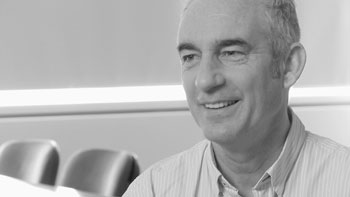 Sustainable development and ecological economics, Centre for Environmental Strategy, University of Surrey, England. In his influential book, Prosperity without Growth: Economics for a Finite Planet (2009) Jackson re-envisages the term "prosperity" and attempts to decouple it from the growing consumption of material resources. His eponymous government report has been widely influential – including within the European Commission.
Sustainable development and ecological economics, Centre for Environmental Strategy, University of Surrey, England. In his influential book, Prosperity without Growth: Economics for a Finite Planet (2009) Jackson re-envisages the term "prosperity" and attempts to decouple it from the growing consumption of material resources. His eponymous government report has been widely influential – including within the European Commission.
-
PAUL LEADLEY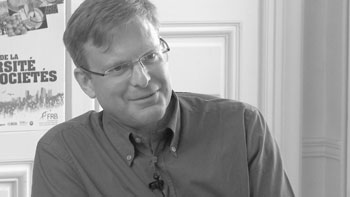 Ecologist and biodiversity researcher, head of the Department of Ecology, Systematics and Evolution at the University of Paris-Sud XI, Orsay, France. His research focuses on the effects of global change and global warming on biodiversity and ecosystems. For DIVERSITAS, an international program to study the interrelation between humans and biodiversity, he coordinated the formulation of future scenarios for use in international protection conventions.
Ecologist and biodiversity researcher, head of the Department of Ecology, Systematics and Evolution at the University of Paris-Sud XI, Orsay, France. His research focuses on the effects of global change and global warming on biodiversity and ecosystems. For DIVERSITAS, an international program to study the interrelation between humans and biodiversity, he coordinated the formulation of future scenarios for use in international protection conventions.
-
CLAUS LEGGEWIE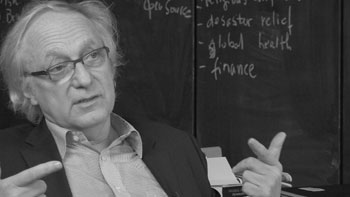 Political scientist and member of the German government's Scientific Advisory Council on Global Change. Director of the Cultural Institute Essen (KWI). His research includes the cultural and political requirements of modern societies adapting to climate change. Together with Harald Welzer he wrote Das Ende der Welt, wie wir sie kannten: Klima, Zukunft und die Chancen der Demokratie (2009).
Political scientist and member of the German government's Scientific Advisory Council on Global Change. Director of the Cultural Institute Essen (KWI). His research includes the cultural and political requirements of modern societies adapting to climate change. Together with Harald Welzer he wrote Das Ende der Welt, wie wir sie kannten: Klima, Zukunft und die Chancen der Demokratie (2009).
-
THOMAS MACHO
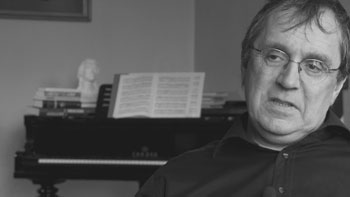 Philosopher and cultural theorist, Humboldt University, Berlin, co-founder of the Hermann von Helmholtz-Center for Kulturtechnik. Macho is dedicated to the interdisciplinary study of the interactions between scientific or cultural change and technological innovations. He has published among other works, Zwei Grad. Das Wetter, der Mensch und sein Klima (2008) und Science und Fiction. Über Gedankenexperimente in Wissenschaft, Philosophie und Literatur (2004).
Philosopher and cultural theorist, Humboldt University, Berlin, co-founder of the Hermann von Helmholtz-Center for Kulturtechnik. Macho is dedicated to the interdisciplinary study of the interactions between scientific or cultural change and technological innovations. He has published among other works, Zwei Grad. Das Wetter, der Mensch und sein Klima (2008) und Science und Fiction. Über Gedankenexperimente in Wissenschaft, Philosophie und Literatur (2004).
-
JOACHIM RADKAU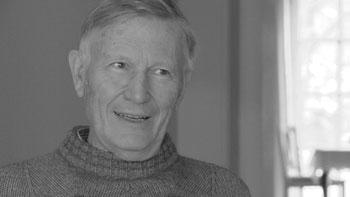 Historian of the environment and technology, University of Bielefeld. His book Nature and Power: A Global History of the Environment (2000), is a highly regarded work that explores the important question of whether we can learn from history for the sake of the future. In 2011 he published Die Ära der Ökologie. Eine Weltgeschichte, a global history of environmentalism.
Historian of the environment and technology, University of Bielefeld. His book Nature and Power: A Global History of the Environment (2000), is a highly regarded work that explores the important question of whether we can learn from history for the sake of the future. In 2011 he published Die Ära der Ökologie. Eine Weltgeschichte, a global history of environmentalism.
-
STEFAN RAHMSTORF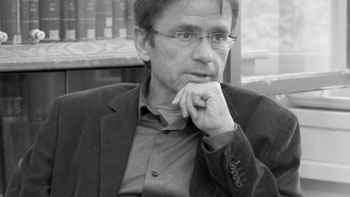 Physicist and climate researcher, Potsdam Institute for Climate Impact Research. Rahmstorf is one of the lead authors of the latest report of the Intergovernmental Panel on Climate Change (IPCC) and a member of the German government's Scientific Advisory Council on Global Change.
Physicist and climate researcher, Potsdam Institute for Climate Impact Research. Rahmstorf is one of the lead authors of the latest report of the Intergovernmental Panel on Climate Change (IPCC) and a member of the German government's Scientific Advisory Council on Global Change.
-
FERDI SCHÜTH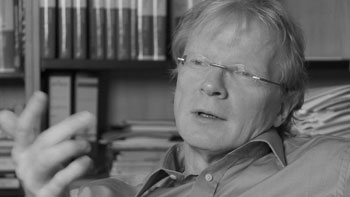 Chemist, Max Planck Institute for Carbon Research, Mühlheim, Germany. Schüth has been awarded the Leibniz Prize and is currently vice president of the German Research Foundation (DFG). Schüth is an energy expert at the Max Planck Society and the German Academy of Sciences Leopoldina. In 2010 he was nominated for the Presidential Award for Innovation and Technology.
Chemist, Max Planck Institute for Carbon Research, Mühlheim, Germany. Schüth has been awarded the Leibniz Prize and is currently vice president of the German Research Foundation (DFG). Schüth is an energy expert at the Max Planck Society and the German Academy of Sciences Leopoldina. In 2010 he was nominated for the Presidential Award for Innovation and Technology.
-
SYBIL SEITZINGER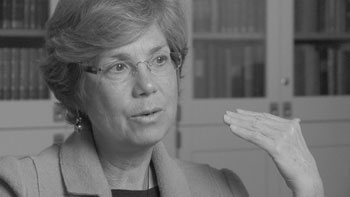 Earth system science, biogeochemistry and global change, Rutgers University, USA, director of the International Geosphere-Biosphere Programme, Royal Swedish Academy of Sciences, Stockholm. Seitzinger is a proponent of research on geoengineering measures and is an advocate for science in the context of sustainable earth system management.
Earth system science, biogeochemistry and global change, Rutgers University, USA, director of the International Geosphere-Biosphere Programme, Royal Swedish Academy of Sciences, Stockholm. Seitzinger is a proponent of research on geoengineering measures and is an advocate for science in the context of sustainable earth system management.
-
JOHN URRY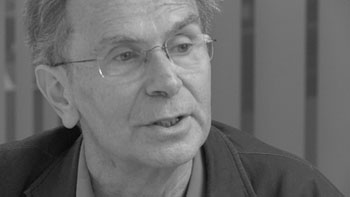 Sociology of nature, the environment and mobility, Lancaster University, England. Urry's published works include Global Complexity (2003), After the Car (2009) and Climate Change and Society (2011). His research involves developing alternative mobility concepts for the 21st century, that go far beyond electric vehicles.
Sociology of nature, the environment and mobility, Lancaster University, England. Urry's published works include Global Complexity (2003), After the Car (2009) and Climate Change and Society (2011). His research involves developing alternative mobility concepts for the 21st century, that go far beyond electric vehicles.
-
 DE
DE